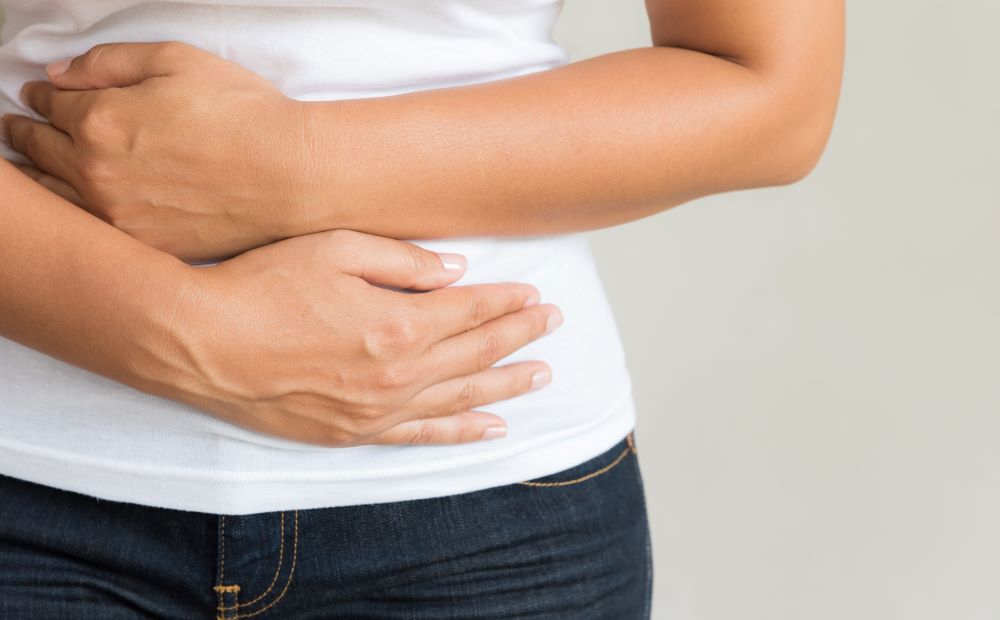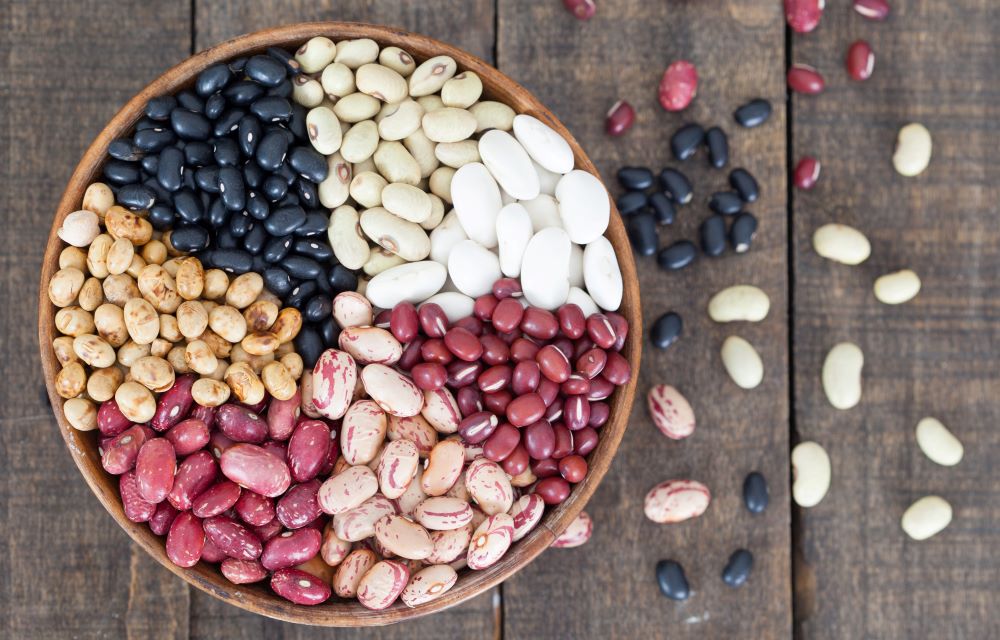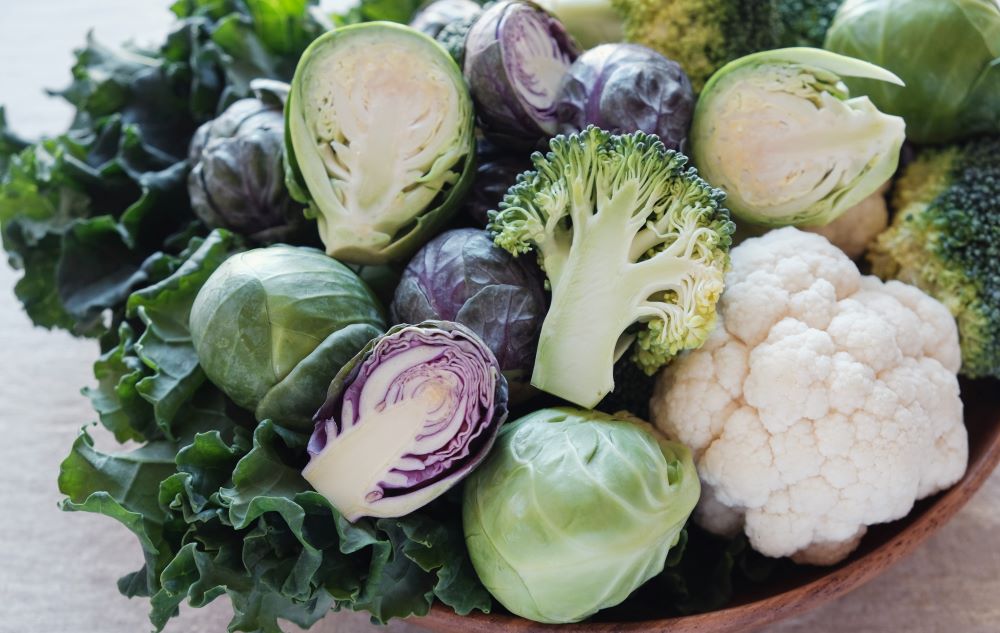How to Banish Bloat
There’s nothing worse at the end of a good meal than that dreaded bloated feeling. You sit down to digest your dinner, and your stomach feels like it’s full to the point of bursting, even though you didn’t overeat. Even the healthiest of eaters experience bloating from time to time. Luckily, there are some proven ways to beat the bloat!
Why Am I Bloated?
The first step is to understand why you’re feeling bloated. There are a lot of possible causes. You could have a medical condition, such as acid reflux, celiac disease, constipation, or irritable bowel syndrome. You could be eating foods that are too high in salt, carbohydrates, dairy, fructose, or carbonation. Maybe you’re eating too quickly, or you’re getting close to the end of your menstrual cycle.
Clearly, there isn’t just one cause of bloating. You may need to do a little experimenting to figure out what is triggering your discomfort. However, a good first step is to try an elimination diet: the methodical process of eliminating potential trigger foods one at a time to see if it helps your symptoms. If you discover that one particular food seems to be the primary problem, you can simply cut that food from your diet!
What Foods Typically Cause Bloating?
Trigger foods are different for everyone, but there are a few common offenders that you might want to keep your eye on.
Beans
There’s a reason why beans are often associated with that gassy, bloated feeling. Many beans contain a type of sugar that belongs to a group called FODMAPs. These sugars have not digested the way that most foods are; instead, the body ferments them in your colon. A common byproduct of this process is the release of gas, which can lead to an uncomfortable, bloated feeling in your gut.
If you find that beans are a problem for you, there are some solutions. You can cut them from your diet entirely, only eat more easily digestible beans such as pinto beans and black beans, soak them before eating to aid digestion or replace the beans in your recipes with grains.
Lentils
Like many beans, lentils also contain FODMAPs that are digested through a fermentation process. Additionally, lentils are extremely high in fibre. Fibre is an important part of a healthy diet, but too much fibre can be difficult to digest.
Try removing lentils from your diet, soaking or sprouting them before cooking them, or sticking to lighter coloured lentils that have a slightly lower fibre content.
Gluten
Celiac Disease has been in the news a lot in recent years. Many people have been discovering that they have allergies or intolerances to many wheat products. One of the primary symptoms of a wheat allergy or intolerance is an uncomfortable, bloated feeling after eating foods that contain gluten.
Luckily, the rise in Celiac Disease cases means that markets are filled with tasty gluten-free substitutes. Try swapping wheat for oats, buckwheat, quinoa, almost flour, or coconut flour.
Barley and Rye
While you may not put barley and rye in the same category as wheat products, these grains actually do contain gluten. If you have a gluten allergy or intolerance, these grains should definitely be eliminated from your diet.
Barley and rye are also high in fibre, so too much could be difficult to digest. Instead of barley and rye, try oats, brown rice, buckwheat, or quinoa.
Dairy Products
Dairy is another type of food that many are allergic or intolerant to. It’s estimated that around 75% of the world’s population has at least some trouble breaking down lactose: the sugar found in dairy products. If foods like milk, cheese, or yoghurt seem to be causing bloating, you may be one of the many who suffer from lactose intolerance.
Luckily, there are tons of alternatives available. Check your local grocery store for products made from almond milk, oat milk, coconut milk, or other dairy alternatives.
Cruciferous Vegetables
Cruciferous vegetables are a delicious class of vegetables that are very healthful. They contain fibre, vitamin C, vitamin K, iron. and potassium. Vegetables in this category include broccoli, cauliflower, cabbage, and brussels sprouts. Unfortunately, these tasty veggies are another FODMAP offender.
If these vegetables seem to give you problems, try replacing them with spinach, cucumbers, lettuce, sweet potatoes. or zucchini.
Onions
It’s hard to find a good recipe that doesn’t include onions! They add an extra punch of flavour to just about every dish. However, onions contain soluble fibres that can cause bloating.
For many people, raw onions are the primary problem, so try cooking them before eating to reduce bloating. If you’re still having trouble, you can use herbs and spices instead of onions to create flavorful dishes.
Carbonated Beverages
Fizzy drinks are delicious, but all of that delightful carbonation is basically causing you to swallow thousands of mini gas bubbles! Swallowing all that extra gas can definitely make you feel bloated, so try sticking to water or other flat beverages.
How Can I Get Rid of That Bloated Feeling?
If an elimination diet isn’t doing the trick, there are other options available that may help you cut back on that bloated feeling.
1. Mindful Eating
Many of us are guilty of eating quickly, without really paying attention to what’s going in our mouths. This can mean swallowing a lot more air and not chewing food enough, making t more difficult to digest. Try eating mindfully, savouring each bite and chewing it carefully. This will make your food easier to digest and could help you cut back your portion size by making you feel full more quickly.
2. Probiotics
Often, the bloated feeling that makes us so uncomfortable is caused by gas in the digestive tract. This means that altering the bacteria in your digestive system can have a major impact on your feeling of bloating. Adding more probiotics to your diet can play a major role in reducing digestive gases and bloating. Some foods, such as yoghurt, tempeh, and kombucha, contain natural probiotics. You can also take a probiotic supplement to help regulate your intestinal bacteria.
3. Peppermint Oil
Peppermint oil shares a lot of properties with antispasmodic drugs; these medications can reduce muscle spasms. This may not seem to be related to bloating, but muscle spasms in the abdomen can irritate your digestive tract, making bloating more likely to occur. Taking a peppermint oil supplement could help alleviate some gastrointestinal symptoms.
4. Exercises
Although exercise might be the last thing on your mind when you’re feeling bloated, physical activity can actually help get rid of that uncomfortable bloated feeling. One simple way to exercise away bloat is by engaging in a little cardio. Take a walk or hop on the elliptical for around 30 minutes. The movement can help speed up digestion and expel excess gas, which can go a long way toward making your bloating disappear.
Another great option is yoga; there are a lot of yoga poses that can be extremely helpful in promoting digestion and beating bloat.
Click on the links below for instructions on these 5 helpful poses:
5. See a Doctor
If you’ve tried everything on this list and you’re still feeling bloated frequently, it may be time to get your doctor involved. A doctor can test you for food allergies to gluten, lactose, fructose, eggs, and other common trigger foods. Having a medical diagnosis can help you know which specific foods need to be removed from your diet.
It’s also possible that your symptoms are being caused by a medical condition such as irritable bowel syndrome, Crohn’s disease, or acid reflux. These conditions can range in severity, but if you suspect that your bloating might be caused by something more serious, a doctor is the best person to help you manage your symptoms.
In Conclusion
Bloating might be an occasional nuisance or a more regular problem. It can be uncomfortable, making you less likely to engage in your usual physical activity. In some cases, it can actually make your stomach look bigger! Banishing bloat isn’t always an easy task, but if you follow the steps above, you’re on your way to looking and feeling better!













